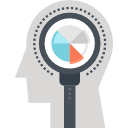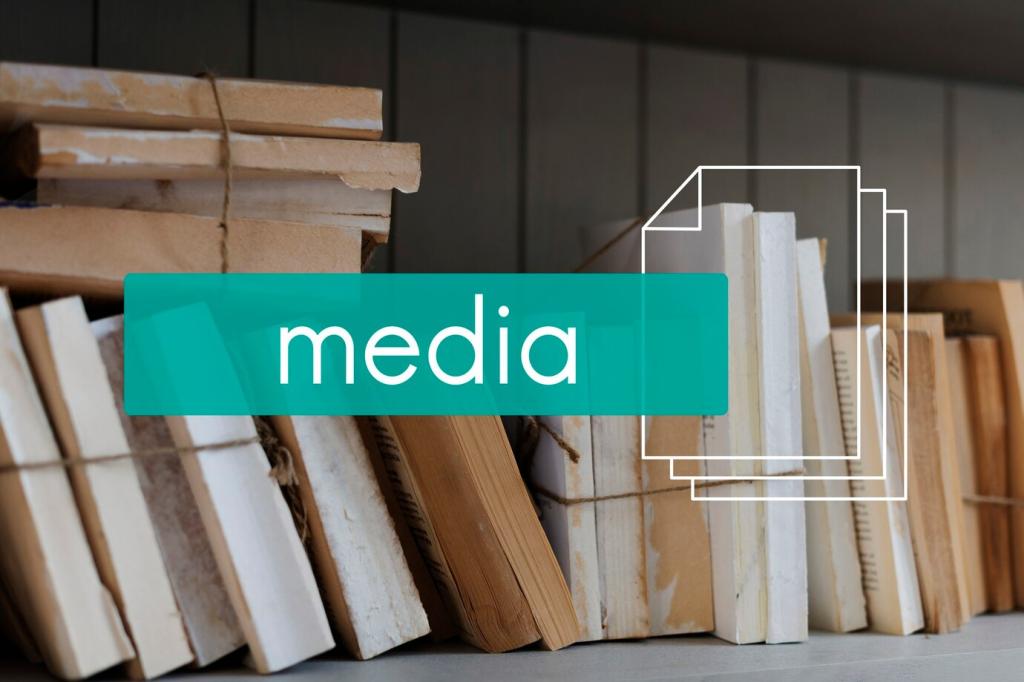The Interface of Understanding
Every link is an invitation to learn across boundaries. Click from photosynthesis to climate, then to agriculture, then to food security. These bridges help our minds build context, transforming isolated facts into a network you can remember, apply, and explain to others confidently.
The Interface of Understanding
Search engines and encyclopedias increasingly rely on structured data—entities, relationships, and properties—to surface precise answers. Wikidata and similar graphs help disambiguate people, places, and concepts. The result is cleaner results, clearer summaries, and fewer frustrating trips down the wrong rabbit hole.


